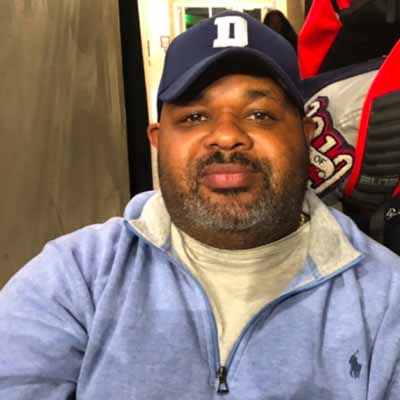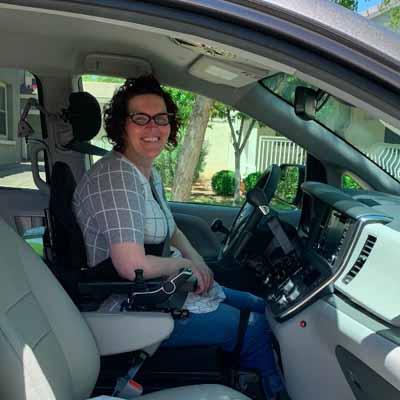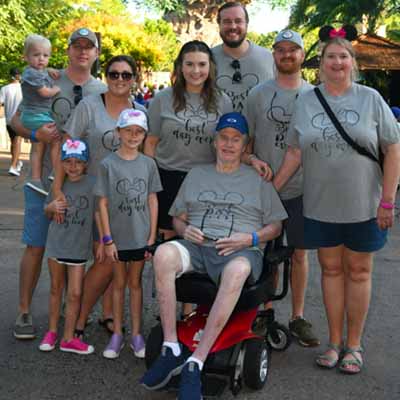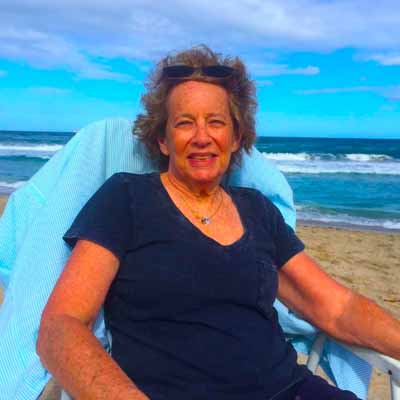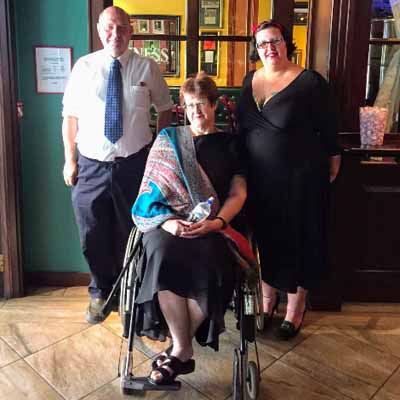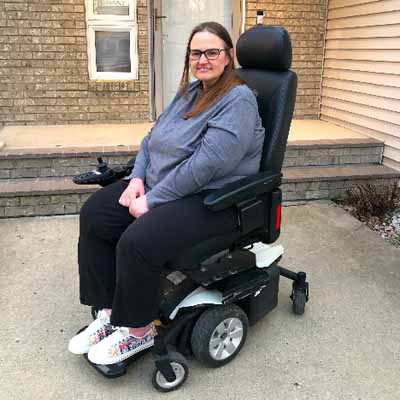Where The Money Goes
Our goal each year is simple, give away more money than the year before it! Our heart for research is to support studies that impact the lives of those living with MS today, right now. And we align with Financial Aid requests where we can immediately help improve the mobility and livelihood of those living with MS.
MS Run the US Research Fund Recipients
Wahls Therapeutic Lifestyle Fund
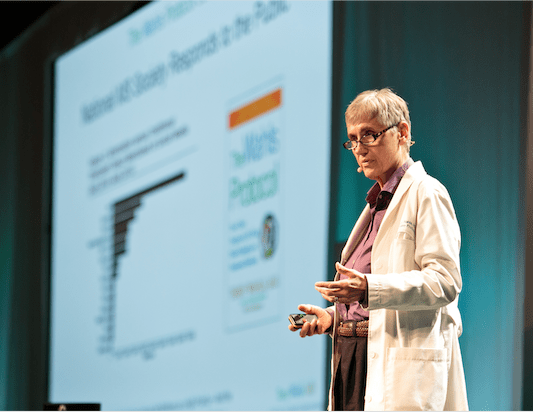
Can we explain the mechanisms by which diet may lead to reduced fatigue and improved quality of life?
This is the question Dr. Terry Wahls and her her team of collaborators are driving themselves to answer to support decades long research that points to significant improvement of the quality of life of those living with MS when they consume an anti-inflammatory diet, and incorporate mediation and PT/exercise. Using blood samples collected from her study comparing the paleo and low saturated fat diet, Dr. Wahl’s hypotheses are that the osteopontin molecules (a measure of inflammation that is also associated with improved myelination when levels go down) will decrease and that the adipokine molecule profiles will also be less inflammatory. Having those biomarker results will allow Dr. Wahls to include said data in vital grant proposals written to support her research.
The MS Run the US Research Grant supports Dr. Wahl’s at the University of Iowa in these efforts.
Click for more info about this project
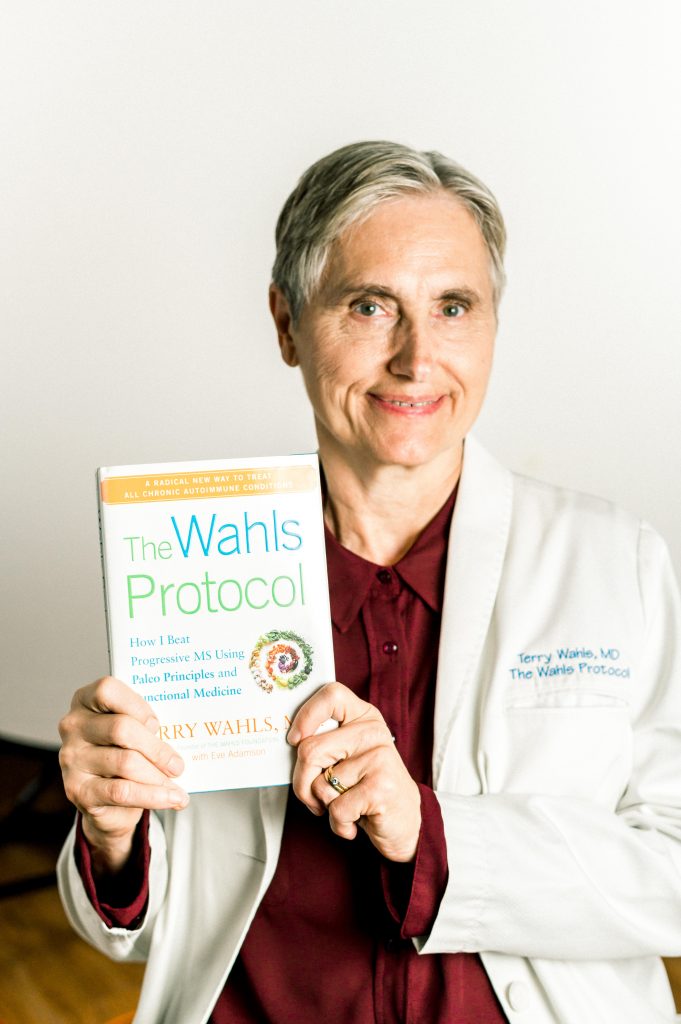 The goal of this project is to compare a diet-only treatment to standard medical care in the setting of newly diagnosed individuals with relapsing-remitting multiple sclerosis (RRMS) or clinically isolated syndrome (CIS), which is the precursor to the development of MS. The current standard of care is disease-modifying drug treatment at the initial diagnosis of RRMS or CIS. Many patients are interested in adopting a therapeutic lifestyle as their initial approach to either RRMS or CIS due to the high cost of the medications (often $50,000 to $100,000 per year) or the burden of the medications’ side effects, which can often be as troublesome as the MS-related symptoms. There are no scientific studies that have examined the outcomes for newly-diagnosed patients who decline disease-modifying drug treatment and instead utilize a therapeutic lifestyle to manage their MS-related symptoms
The goal of this project is to compare a diet-only treatment to standard medical care in the setting of newly diagnosed individuals with relapsing-remitting multiple sclerosis (RRMS) or clinically isolated syndrome (CIS), which is the precursor to the development of MS. The current standard of care is disease-modifying drug treatment at the initial diagnosis of RRMS or CIS. Many patients are interested in adopting a therapeutic lifestyle as their initial approach to either RRMS or CIS due to the high cost of the medications (often $50,000 to $100,000 per year) or the burden of the medications’ side effects, which can often be as troublesome as the MS-related symptoms. There are no scientific studies that have examined the outcomes for newly-diagnosed patients who decline disease-modifying drug treatment and instead utilize a therapeutic lifestyle to manage their MS-related symptoms
The study question they propose to investigate is whether a therapeutic lifestyle treatment is as effective as standard disease-modifying drug treatment in reducing disease activity, stabilizing clinical function, improving quality of life, and improving brain structure in newly-diagnosed patients. This would be the first known scientific study to compare a multimodal therapeutic lifestyle treatment to standard care (disease-modifying drugs) on quality of life measures, visual function, motor function and biomarkers in treatment naïve individuals. Their initial pilot study in the setting of progressive MS utilized diet and targeted supplements, stress reduction, exercise, and electrical stimulation of muscles and demonstrated significant reduction in fatigue and improvement in quality of life. Subsequent pilot studies which utilized a diet-only intervention in the setting of RRMS demonstrated improved quality of life and improved walking and hand function.
Dr. Sosnoff MS Research Projects
Persons living with MS often ask themselves an unpredictable question, what will happen to my mobility?
That is the question Professor Dr. Jacob Sosnoff has dedicated his research career to— understanding the predictors, prevention, and consequences of walking, balance, and motor impairments in individuals living with multiple sclerosis. He explores the therapeutic benefits of exercise (and physical activity) in multiple sclerosis(MS). Notably, his research focuses on the full range of disability with three, main ongoing research projects: 1) investigating how novel virtual reality treadmill training impacts walking in persons with MS; 2) how to prevent falls in persons with MS who utilize wheeled mobility (scooters and wheelchairs); 3) how to optimize the ability of individuals with MS to learn new motor skills.
The MS Run the US Research Grant supports Professor Dr. Sosnoff with his continued research that invaluably impacts mobility and MS.
Click for more info about this project
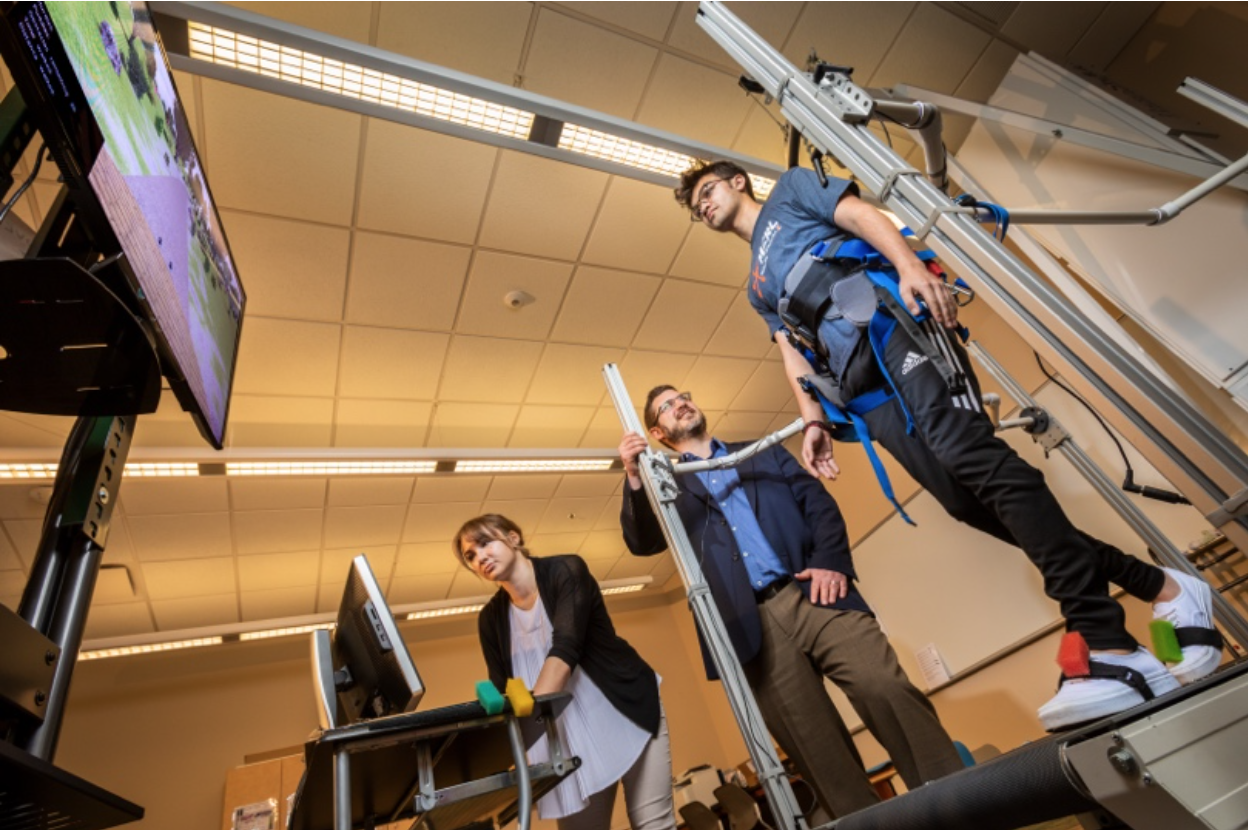 Professor Dr. Sosnoff has been at the forefront of the objective measurement of motor impairment and investigating novel approaches to improve mobility in persons with MS. Due in part to his research accomplishments, he has been awarded mentor-based rehabilitation post-doctoral fellowship from the National Multiple Sclerosis Society to train the next generation of rehabilitation scientists.
Professor Dr. Sosnoff has been at the forefront of the objective measurement of motor impairment and investigating novel approaches to improve mobility in persons with MS. Due in part to his research accomplishments, he has been awarded mentor-based rehabilitation post-doctoral fellowship from the National Multiple Sclerosis Society to train the next generation of rehabilitation scientists.
Dr. Sosnoff’s next stage in his research career will be as the Associate Dean of Research in the School of Health Professions at the University of Kansas Medical Center (KUMC) beginning February 2021. He will hold a professorship in the Department of Physical Therapy and Rehabilitation Sciences with additional appointments in Neurology and Physical Medicine and Rehabilitation. At KUMC, Professor Sosnoff will continue to lead innovative research focusing on minimizing the negative impact of mobility impairment in persons living with MS. He will collaborate with Dr. Sharon Lynch of the MS Achievement Center to maximize the likelihood that his research will have timely clinical impact.
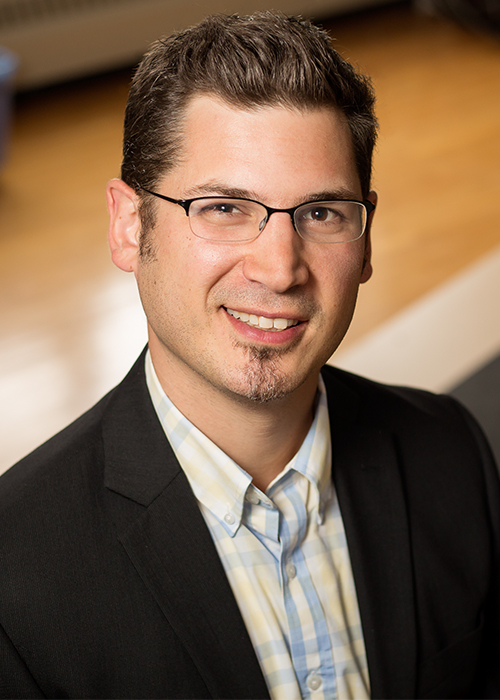

Persons living with MS often ask themselves an unpredictable question, what will happen to my mobility?
That is the question Professor Dr. Jacob Sosnoff has dedicated his research career to— understanding the predictors, prevention, and consequences of walking, balance, and motor impairments in individuals living with multiple sclerosis. He explores the therapeutic benefits of exercise (and physical activity) in multiple sclerosis(MS). Notably, his research focuses on the full range of disability with three, main ongoing research projects: 1) investigating how novel virtual reality treadmill training impacts walking in persons with MS; 2) how to prevent falls in persons with MS who utilize wheeled mobility (scooters and wheelchairs); 3) how to optimize the ability of individuals with MS to learn new motor skills.
The MS Run the US Research Grant supports Professor Dr. Sosnoff with his continued research that invaluably impacts mobility and MS.
Click for more info about this project
 Professor Dr. Sosnoff has been at the forefront of the objective measurement of motor impairment and investigating novel approaches to improve mobility in persons with MS. Due in part to his research accomplishments, he has been awarded mentor-based rehabilitation post-doctoral fellowship from the National Multiple Sclerosis Society to train the next generation of rehabilitation scientists.
Professor Dr. Sosnoff has been at the forefront of the objective measurement of motor impairment and investigating novel approaches to improve mobility in persons with MS. Due in part to his research accomplishments, he has been awarded mentor-based rehabilitation post-doctoral fellowship from the National Multiple Sclerosis Society to train the next generation of rehabilitation scientists.
Dr. Sosnoff’s next stage in his research career will be as the Associate Dean of Research in the School of Health Professions at the University of Kansas Medical Center (KUMC) beginning February 2021. He will hold a professorship in the Department of Physical Therapy and Rehabilitation Sciences with additional appointments in Neurology and Physical Medicine and Rehabilitation. At KUMC, Professor Sosnoff will continue to lead innovative research focusing on minimizing the negative impact of mobility impairment in persons living with MS. He will collaborate with Dr. Sharon Lynch of the MS Achievement Center to maximize the likelihood that his research will have timely clinical impact.

